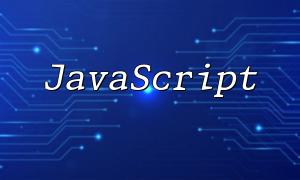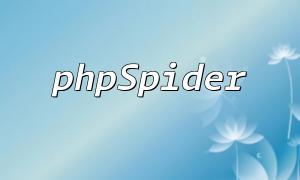As a widely used web development language, PHP requires a set of coding standards to improve code quality and maintainability. This article explores the necessity of PHP coding standards and explains how to establish a standardized development process for efficient coding.
Good coding standards significantly enhance code consistency and readability while reducing maintenance difficulties. The benefits include:
Consistency in code style is central to coding standards. Uniform formatting and naming conventions improve team collaboration, minimize merge conflicts, and reduce potential bugs. For example, consistent indentation, variable naming, and brace usage all improve code readability.
Standardized code is easier to understand and modify. Well-written comments and documentation help developers quickly grasp the logic, reducing errors caused by misunderstandings.
Clear standards reduce the time spent on deciding variable and function names or formatting, allowing developers to focus more on functionality, thus improving overall speed and quality.
Here are some common PHP coding standards to help build a consistent and efficient workflow:
Clear naming makes code intuitive and easy to understand. Key principles include:
- Class names use PascalCase (UpperCamelCase), starting with an uppercase letter.
- Variable and function names use lowercase letters and underscores, with meaningful names.
- Constants use uppercase letters with underscores separating words.
- Avoid ambiguous or abbreviated names; maintain semantic clarity.
Consistent indentation and brace style greatly improve readability. Recommendations include:
- Use 4 spaces for indentation; avoid tabs.
- Always use curly braces {} to enclose code blocks, even if there's only one line.
- Include a space between control structure keywords (if, for, foreach, etc.) and the opening parenthesis.
Comments clearly convey code intent. Guidelines include:
- Use multiline comments before important functions and classes to explain their purpose.
- Add single-line comments at the beginning of each file describing the file’s purpose and author (adjust based on team needs).
- Use docblock comments to specify function parameters, return values, and usage examples to facilitate automatic API documentation generation.
Robust error and exception handling improves code stability. Best practices include:
- Use try-catch blocks to capture exceptions and handle or log errors appropriately.
- Avoid vague error codes; define custom exception classes to differentiate error types.
The following example demonstrates a PHP class that adheres to the described coding standards:
/**
* User class
*/
class User
{
/**
* Username
* @var string
*/
private $name;
/**
* Set the username
* @param string $name
*/
public function setName(string $name)
{
$this->name = $name;
}
/**
* Get the username
* @return string
*/
public function getName(): string
{
return $this->name;
}
}
// Usage example
$user = new User();
$user->setName('John');
echo $user->getName();
Following PHP coding standards significantly improves code quality, maintainability, and team collaboration efficiency. This article has outlined key standards and provided practical examples. Development teams are encouraged to tailor and strictly enforce these standards to foster high-quality project outcomes.










